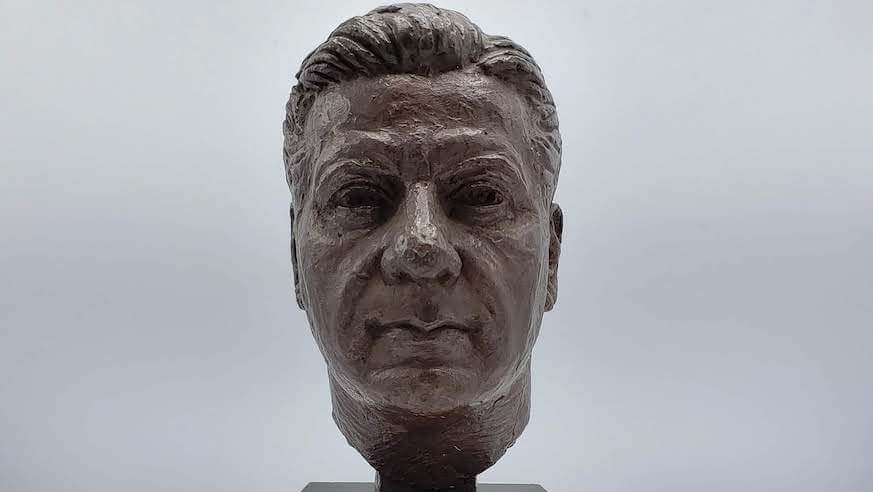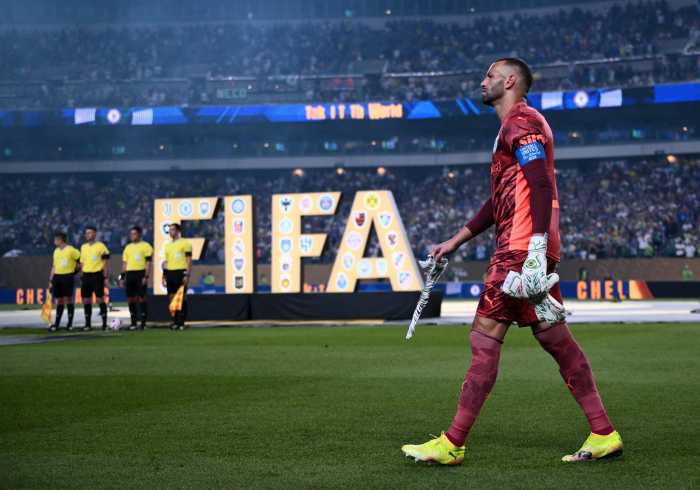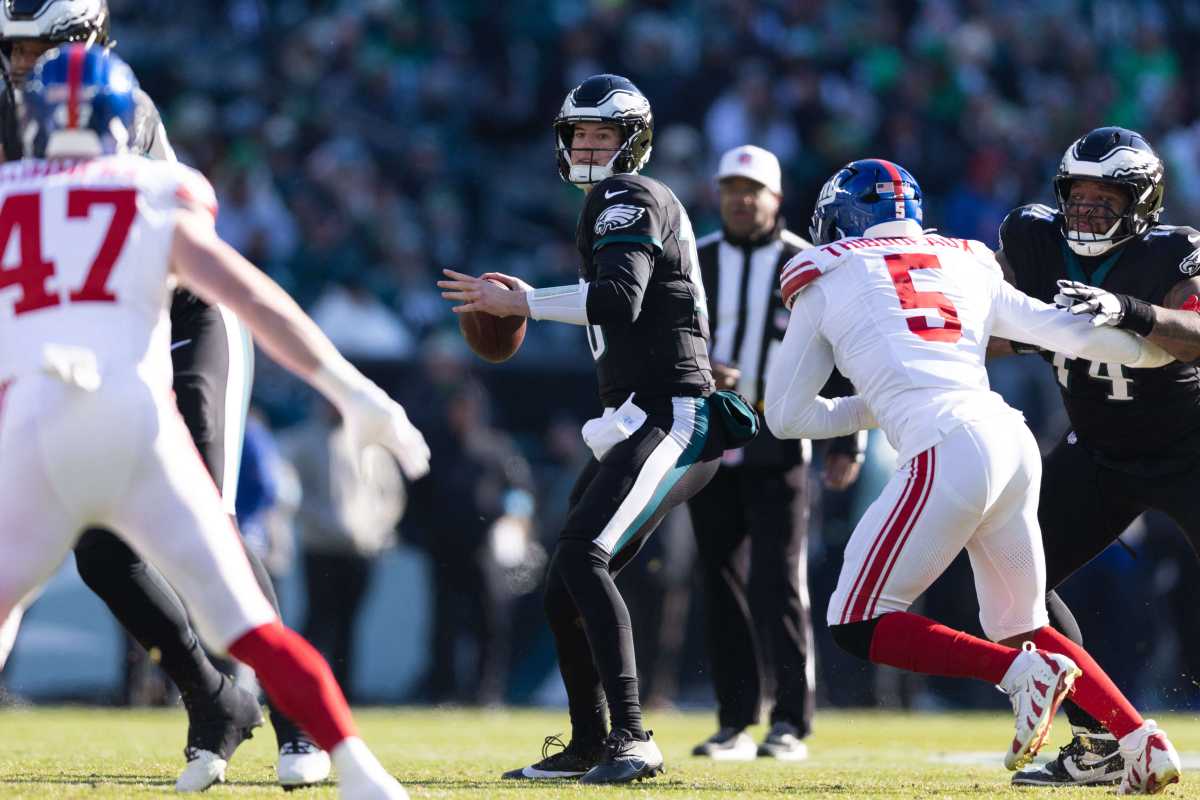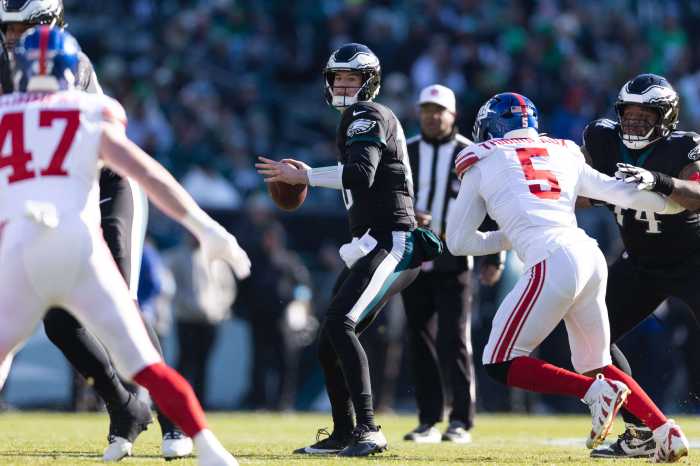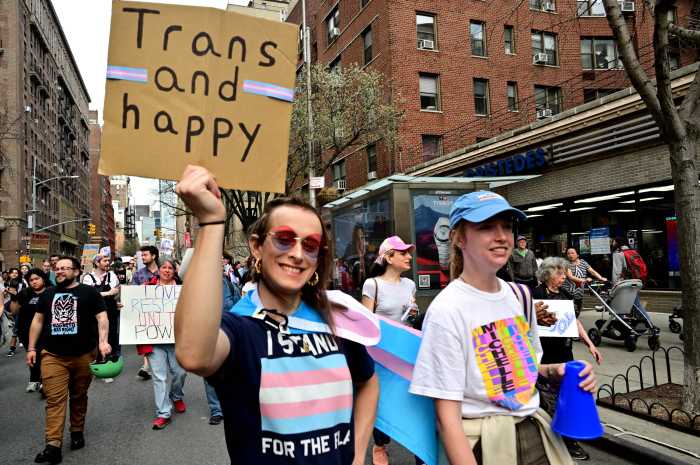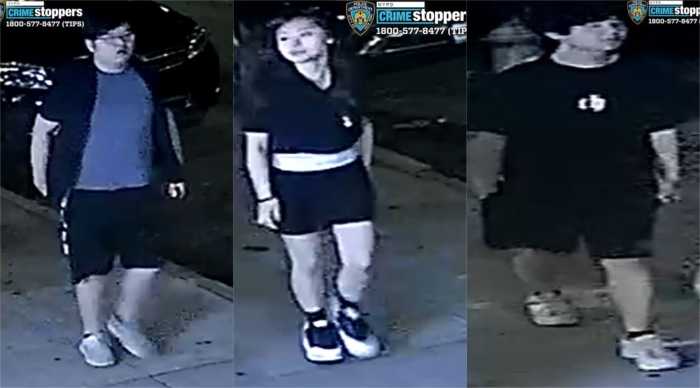“To Frank Rizzo, the greatest and most charismatic mayor of Phila., Pa., 1972-80.” So reads one of the many miniature Liberty Bells in the estate of former Philly Mayor Frank Rizzo (1972-80), which is soon to be auctioned from his Chestnut Hill mansion (which itself is on the market for $1.675 million).
While no one would dispute calling Rizzo “charismatic,” given his rise from a South Philly beat cop to police commissioner and eventually mayor, saying that Francis Lazzaro Rizzo was Philly’s “greatest” mayor – well, now you’ve got a fight on your hands.
Nearly 40 years after he left City Hall in 1980 having failed to extend term limits, Rizzo, who died of a heart attack in 1991 as he was staging a new campaign for mayor, remains one of Philly’s most legendary and divisive figures.
“I’m expecting regular Philadelphians, the people who idolized him, are going to come to get a little piece of Frank,” said John Romani, who is organizing the Rizzo estate sale, which is scheduled to run Nov. 23-25 inside the family’s mansion. “I’m expecting thousands. We’re going to have a food truck to feed the anticipated crowd.”
Most of the items in the Rizzo family estate are mundane: furniture, wooden tables, and dozens of “Royal Doulton” ceramic figurines. But then there are the few utterly irreplaceable Rizzo items: his Rolodex, his humidors, lighters, awards; photos of him meeting J. Edgar Hoover and Queen Elizabeth II; even his vinyl collection, which includes a “Best of the Mummers” LP.
What will perhaps inevitably be a hot-ticket item at the sale is Rizzo’s billy-club, along with that of his cop father Ralph Rizzo, on sale mounted on a plaque.
“The billyclub was so a part of who he was,” said historian Timothy Lombardo, author of Blue-Collar Conservatism: Frank Rizzo’s Philadelphia and Populist Politics. “It was always such a symbol of his rise to power.”

One of Frank Rizzo’s billyclubs is up for auction at an impending estate sale. (Courtesy of SalesByHelen)
To Romani, it’s not such a special item: “They probably had 10 billyclubs,” he said – on sale is just the one the family decided to part with.
But to many in Philadelphia’s black community, the connotations are far darker.
“He was photographed too many times with a police stick sticking out of his cumberbund,” said Jay McCalla. “That look is what made too many of his fans fall in love with him – ready to beat up a black guy at the drop of a hat. That’s only an instrument of violence.”
Rizzo’s loyalists at the time and today say his ‘law-and-order’ style as cop and mayor kept Philly crime rates low at a time when urban areas like New York City bordered on anarchy. But many more, perhaps the majority, say law enforcement under Rizzo was virulently racist and homophobic, and that as mayor, he turned City Hall into a corrupt patronage machine.
“To me, there’s a very unhealthy element of hero worship. The underlying truth of this auction is it’s only going to appeal to those who shared his racial sentiments, who approved of his violence, and who loved the fact that he was tough,” McCalla said. “It’s almost like Hitler memorabilia. And I hate to overstate it by using the name Hitler, but that’s what it stirs in me. I don’t think there’s an African American in the city of Philadelphia or within 90 miles of Philadelphia who would bid a penny for any of that stuff.”

A framed photo of Rizzo meeting the FBI’s infamous founder and first director, J. Edgar Hoover. (Courtesy of SalesByHelen)
The Rizzo controversy has re-erupted in recent years as protesters and local leaders demanded the removal of his monument in Center City in the wake of the removal of Confederate monuments in the south. The city says it is planning to move the statue, which today remains at JFK Plaza. The statue – and Rizzo’s mural in the Italian Market – are frequent targets of vandalism.
Rizzo always denied any personal bigotry. ”Frank Rizzo represents all the people. … My career will prove that race or religion doesn’t enter into my thinking because I come from a background that wouldn’t permit it,” he told the New York Times in 1982. But from a historical perspective, Rizzo was personally responsible for more physical violence against African Americans than General Robert E. Lee. One of his most infamous acts as commissioner was, in 1967, ordering officers to attack and violently disperse a large group of African American students peacefully protesting outside the old Philly Board of Education.
“Did he personally dislike all African Americans? I don’t think so, but it doesn’t matter,” Lombardo said. “What matters is what his policies did. … He would get things done for people, and it wasn’t solely based on whether they were white or black, but at the same time, he still pursued policies that segregated housing, education, and neighborhoods.”
Legacy in tatters or no, completely politically incorrect or no, droves of people are still sure to turn up for estate sale, whether Rizzo loyalists or just curious.
“The provenance of being owned by Frank Rizzo is what makes it valuable,” Romani said of the items. “Everybody loves to use stuff to judge other people. They use their material possessions to make inferences or speculate. The one I always point out is the sculpture of John Rhoden.” (Rizzo, who was known for bashing abstract art, kept a sculpture by Rhoden, an African American artist, on his office desk).
“You don’t sit something on your desk for 12 or 15 years to agitate you. You’re going to look at it every day,” Romani said. “When you see stuff like that, you start to realize, he was a complicated man.”
For a list of items on sale, visit frankrizzoestatesale.com.

A John Rhoden miniature sculpture owned by Frank Rizzo. (Courtesy of Courtesy of SalesByHelen)



